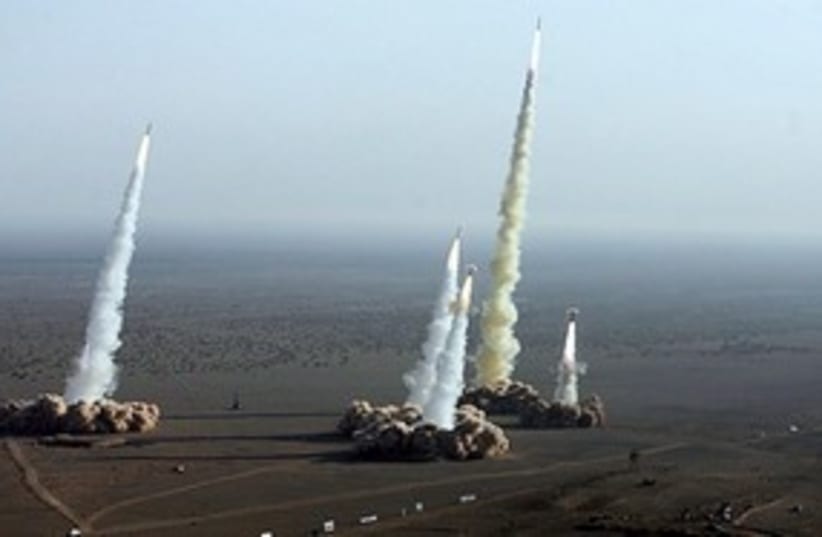RELATED:Russia:Sanctions ban S-300 missiles'Iransanctions won't stop arms deal
Russia sold the systems to Iran in 2007, but has yet to deliver them, although Iranian military officers are reportedly being trained on the systems at a base near Moscow.Russian military official Alexander Fomin on Tuesday did not refer to the S-300s by name, but pledged Moscow would desist from supplying “large missile systems,” in accordance with the sanctions, Interfax reported.During a visit to Jerusalem three weeks ago, Russian Foreign Minister Sergey Lavrov said that a presidential decree on what weapons would and would not be sold was being formulated, following the UN Security Council resolution in June to impose a fourth set of sanctions on Iran.One of the most advanced multi-target anti-aircraftmissile systems in the world, the S-300 has a reported ability to track up to 100 targets simultaneously while engaging up to 12 at the same time.In Israel, there are two schools of thought with regard to the severity of the S-300 threat. On the one hand, there are those such as IAF commander Maj.- Gen. Ido Nehushtan who argue that all means need to be used to prevent the system from reaching Iran, due to the impact it would have on Israel’s operational freedom.Other officials are less concerned by the system and claim that if and when the S-300 is delivered to Iran, Israel will be able to develop an electronic warfare system to neutralize it.An example of this capability was demonstrated during Israel’s 2007 bombing of the Syrian nuclear reactor. Then, according to foreign media outlets, the IAF used electronic warfare systems to penetrate Syrian air defenses, believed by some to have been the most dense and comprehensive in the region.AP contributed to this report.Report: No missile system to Iran
Israel pleased Russia heeds sanctions, won’t give Iran S-300.
